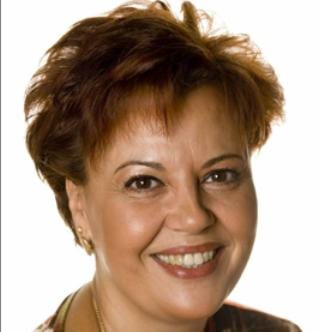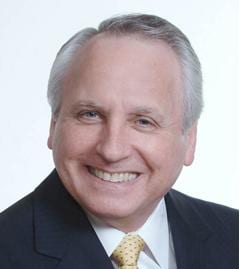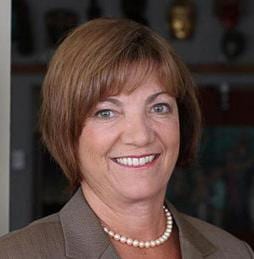
Mike Crawley

Ron Hartling

Alexandra Mendes

Charles Ward
At its 2011 biennial convention, starting Jan 13, the Liberal Party membership will elect a new president who will be responsible for helping the party rebuild over the coming years.
Xtra asked each of the five candidates what they think the Liberals needs to do to reach out to queer Canadians.
Sheila Copps: First of all, it has to actually have a strategy. At the moment, we’ve moved mountains on public policy, and we’ve never actually told anybody about it. One of the things that I’m actually doing is encouraging the creation of the GLBTQ caucus, and we’ve been working with . . . [Brad Lister, who] has just set one up. I’m looking for a way to create the momentum for a national GLBTQ caucus in the context of the Liberal Party, and that’s one of the reasons that we’re kicking off the convention with a party at Mercury Lounge, and we have Dixie Landers coming on Friday night [Jan 13].
We’re actually looking at setting up a tour office as far as the party goes and doing a lot more outreach, so we would actually be at Pride parades and different things in a more organized fashion, because people choose to be there individually, but it’s not organized. The party leaves it up to every individual, and what we’re trying to do is have a more concerted approach to public policy, and it’s certainly an area that can differentiate us from the current government, for sure.
Mike Crawley: What I’ve seen going on in Toronto in the past couple of months is an organization that’s formed – not like a commission. I don’t think we need necessarily more commissions, but a GLBT caucus, they’ve called it.
They’re starting to reach out to other ridings across Toronto and trying to reach out beyond Toronto, as well, to create other chapters, so they’re both an opportunity for those in that community to get together, but it’s also, more importantly, a way to give voice to some of the concerns, issues and priorities of that community, so that they can be better heard within the Liberal Party.
It’s also a chance for the Liberal Party to reach out to that community to people who maybe are involved with other parties, or more likely not involved in politics in general and say that right now, there is no more open a party than the federal Liberal Party, particularly over the next two years, and if you want to come in and influence policy, whether it’s on issues specific to your community or broader issues, now is the time to come in.
Ron Hartling: The party really hasn’t been reaching out to anybody for a long time, and the way that I do it, and the way that worked really successfully in Kingston, was to be open, be welcoming and give people who become relevant to the community in terms of championing the issues that matter in the community, and in doing so, open up meaningful volunteer opportunities.
That’s how you engage people, that’s how you get new members, that’s how you get new volunteers, and eventually, that’s how you get new donors, because the more that people feel that they’re making a real difference, the more likely they are to increase their involvement with the Liberal Party. In terms of the GLBT community, it’s getting involved in issues that matter, and that includes GLBT issues. The party needs to reach out at two different levels – it needs to reach out nationally in terms of the policies that it promotes, but it also has to do it locally, because it’s locally where people get involved.
Alexandra Mendes: I believe that the party has always been a very inclusive party in terms of LGBT rights and a very big promoter of LGBT rights. We had quite a number of caucus members who have been very strong promoters of LGBT rights, both as legislative and partisan measures. I know there are some outreach initiatives right now, one of them in Toronto – there’s the LGBT caucus that has just been created, and I’m a big supporter. I’ll help in any way I can, but the outreach is also going to have to go two ways, and I think it’s been a disappointment to many Liberals that the LGBT community hasn’t been as vocal in their support of Liberals as we would have hoped they would be in past elections – if I may be so blunt. For the Liberal Party, I don’t think there’s any question of going back on a stance for the Liberal Party for the last 40 years, and that has been a steady part of our policy base when in government, and I firmly believe that we should continue that, but the outreach definitely has to be two ways.
Charles Ward: I just feel that we have to accept people as people, and we just go about our business that way. I have no opinions on that specifically. I don’t differentiate between people as to these different issues. It’s live and let live, and as long as everybody just treats everybody as human beings, I’m fine with that, and I think it makes life simpler.


 Why you can trust Xtra
Why you can trust Xtra


